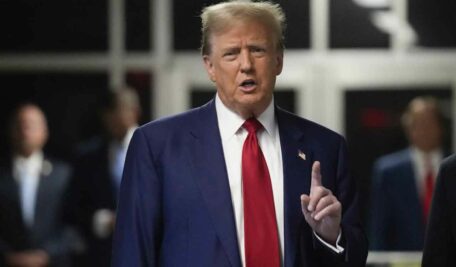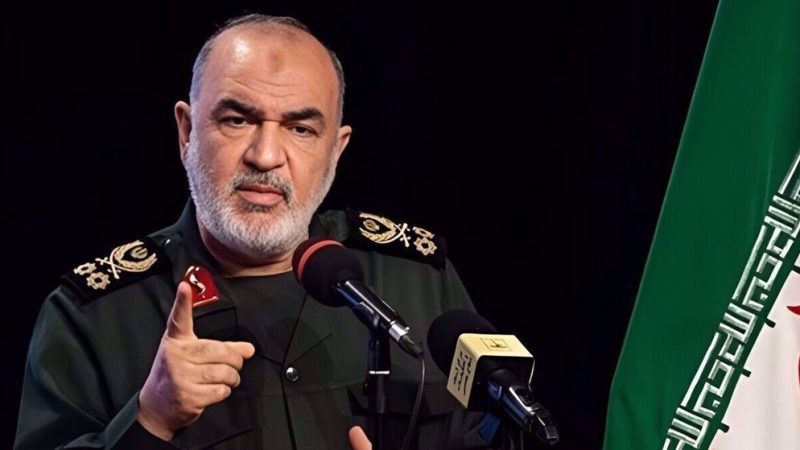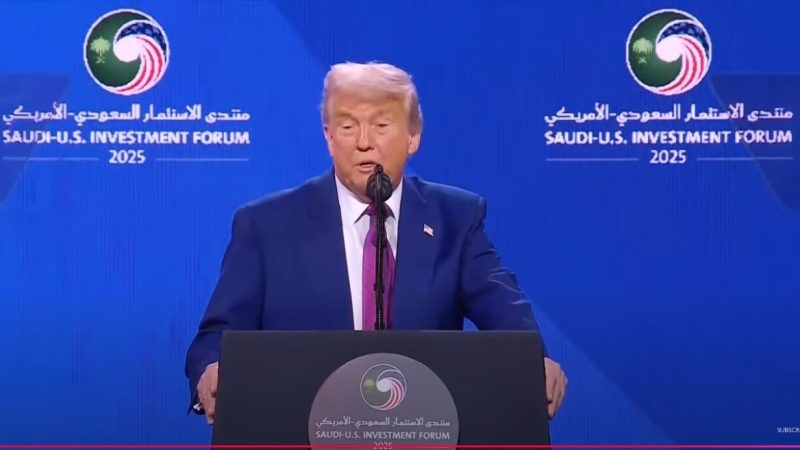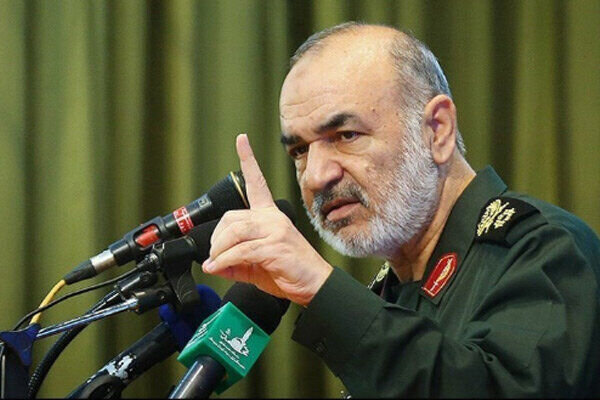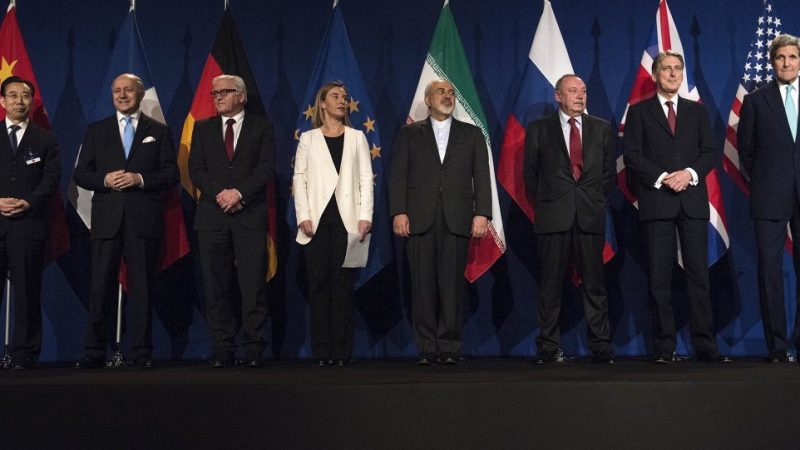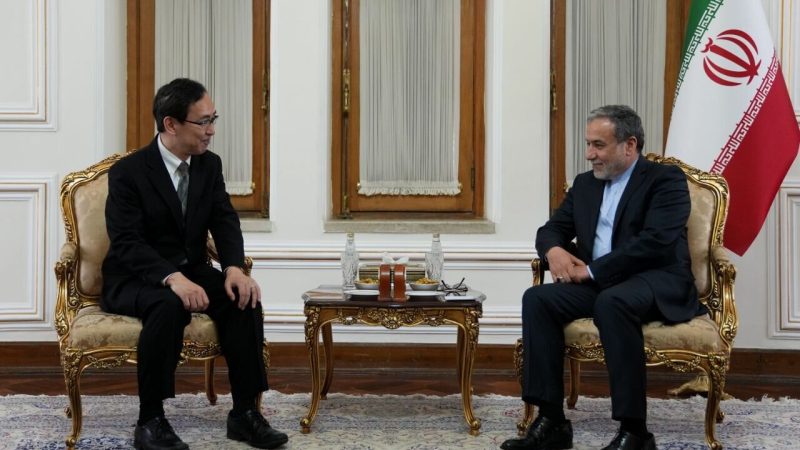Opinion: Operation Dost to Drone Debris: India’s wake-up call in foreign policy
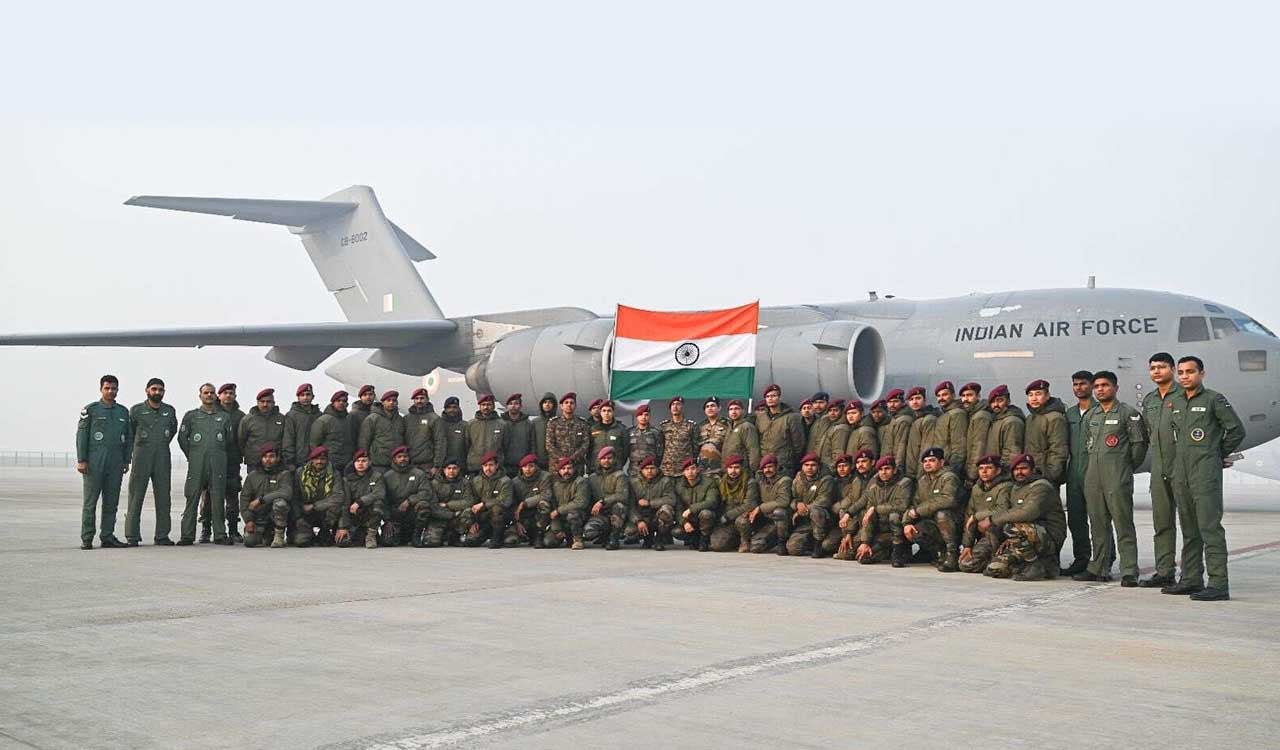
The discovery of Turkish-supplied drone debris on Indian soil is more than just an isolated incident; it is a clarion call for a paradigm shift in our foreign policy as the era of cautious engagement without clearly defined red lines is drawing to a close
Published Date – 13 May 2025, 08:11 PM

By Chittarvu Raghu
The recent discovery of drone debris on Indian soil — allegedly of Turkish origin and supplied to Pakistan — has brought into sharp relief the unpredictable and often paradoxical nature of contemporary international relations. This episode, arriving close on the heels of India’s humanitarian outreach to Turkey during the devastating 2023 earthquakes through “Operation Dost,” underscores the widening gap between gestures of goodwill and the realities of evolving strategic alignments.
Even as ceasefires are declared in some conflict zones, the underlying geopolitical complexities and the destabilising potential of cross-border military transfers remain pressing concerns for India. The moment demands a recalibration of India’s foreign policy, one that is assertive, clear-eyed, and unwavering in its focus on counter-terrorism and regional stability.
Strategic Reciprocity
India and Turkey have shared a diplomatic relationship since 1948, marked by periods of both cooperation and friction. In recent years, however, the relationship has grown increasingly fraught, shaped by Turkey’s deepening alignment with Pakistan and persistent interventions on issues sensitive to India, such as Kashmir.
The provision of military hardware, particularly armed drones, to Pakistan is not merely a diplomatic irritant but a strategic inflection point. It signals a tangible shift in the Ankara-Islamabad axis and raises the stakes for India’s security calculus, especially in the context of ongoing cross-border tensions and the ever-present threat of terrorism.
India’s response to the 2023 Turkish earthquakes was swift and generous, exemplifying its commitment to global solidarity. Yet, the limits of goodwill are apparent when juxtaposed with Turkey’s continued military and diplomatic support to Pakistan. This dichotomy is emblematic of a broader trend in global politics, where humanitarian gestures do not always translate into strategic reciprocity.
Complex Alliances
The global landscape is witnessing a proliferation of complex alliances, with religious and cultural affinities increasingly leveraged for strategic gain. Turkey’s growing partnership with Pakistan and Azerbaijan, formalised through high-level strategic councils and joint military exercises, is a case in point, and one that New Delhi cannot afford to ignore.
India’s traditional foreign policy, characterised by cautious optimism, dialogue and a preference for economic engagement, now requires urgent reassessment. The transfer of sophisticated military technology to a neighbour with a long history of cross-border terrorism and territorial disputes with India cannot be viewed in isolation. It demands a robust, multi-pronged response that goes beyond diplomatic demarches and rhetorical censure.
Demand Accountability
India must articulate its security concerns with clarity and firmness, making it unequivocally clear that economic and cultural ties cannot supersede core national interests. Acts of goodwill, such as “Operation Dost,” should be leveraged diplomatically to highlight the incongruity of military support to hostile actors and to demand accountability in bilateral engagements.
India’s response to the 2023 Turkish earthquakes through “Operation Dost,” was swift and generous, yet the limits of goodwill are apparent when juxtaposed with Turkey’s continued military and diplomatic support to Pakistan
Counter-terrorism must become a central pillar of India’s foreign policy. This involves not only strengthening intelligence-sharing and defence cooperation with like-minded nations but also advocating for stricter international norms against the transfer of military hardware to terrorist entities and their sponsors.
New Delhi’s recent efforts to build coalitions with countries such as Greece, Armenia and France — each of which shares concerns about regional security — are steps in the right direction. Enhanced defence partnerships, joint military exercises and intelligence collaboration will be critical to counterbalancing adversarial alliances and safeguarding India’s strategic autonomy.
Robust public diplomacy is equally essential. India must proactively counter misinformation and present a compelling narrative on the threats it faces from terrorism and the destabilising impact of external support to such elements. Engaging international media, think tanks, and opinion leaders is crucial to building global understanding and support for India’s position. Highlighting the universal threat of terrorism and the importance of holding all nations accountable for preventing its proliferation will be key to garnering international consensus.
Being Self-reliant
At the same time, the evolving threat environment underscores the need for a self-reliant and technologically advanced defence apparatus. Investing in indigenous defence production, particularly in areas like counter-drone technology and border security, is vital to enhancing strategic autonomy and resilience. The government’s Atmanirbhar Bharat initiative in defence manufacturing is a step in this direction, but further acceleration and innovation are needed to keep pace with rapidly evolving threats.
India must also make effective use of multilateral forums such as the United Nations to raise its concerns about cross-border terrorism. Building coalitions within these forums to advocate for robust counter-terrorism measures and international accountability will be crucial to shaping global norms and ensuring that India’s perspective is both heard and respected.
The discovery of Turkish-supplied drone debris on Indian soil is more than just an isolated incident; it is a clarion call for a paradigm shift in India’s foreign policy. The era of cautious engagement without clearly defined red lines is drawing to a close. India must now adopt a new compass — one that prioritises national security, actively counters terrorism and holds nations accountable for actions that threaten regional peace and stability.
By embracing a more assertive, principled, and strategically autonomous foreign policy, India can navigate the shifting sands of global politics with confidence and clarity. This approach will not only safeguard its interests but also reinforce its role as a responsible and resilient power committed to peace and stability in an increasingly turbulent world.

(The author is a senior advocate)

